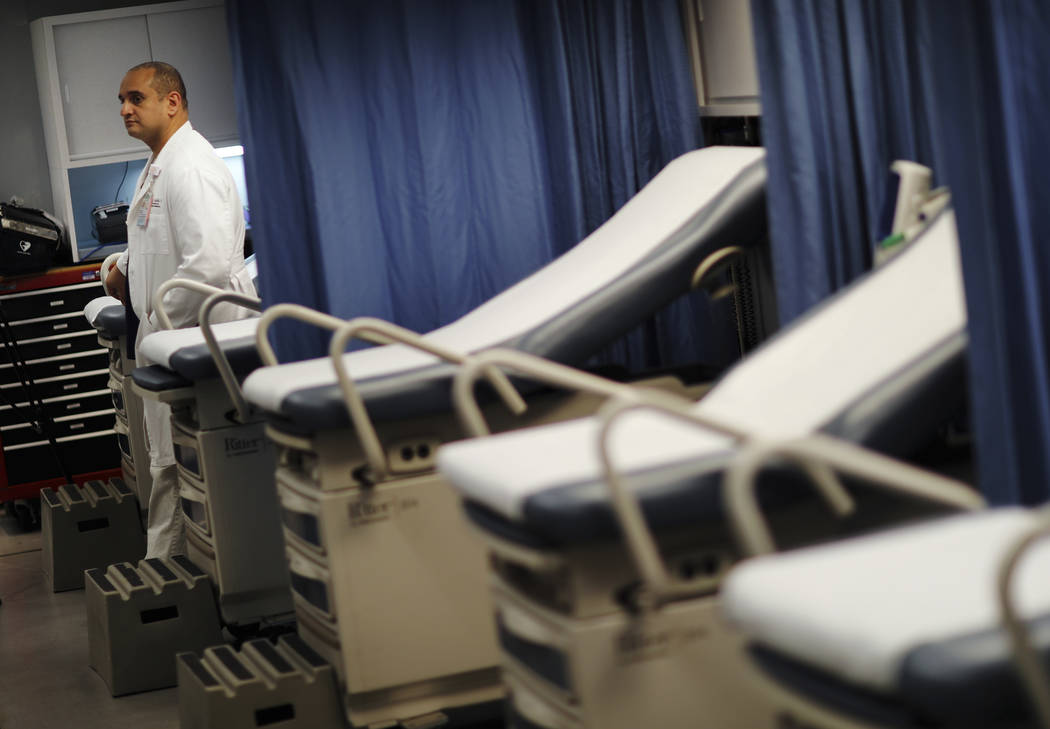EDITORIAL: Socialized medicine at work: UK cancels 50,000 surgeries
In the year since Donald Trump became president, the push for socialized medicine has gained wide acceptance in the Democratic Party.
More than half of House Democrats, including Nevada’s Dina Titus, signed onto a single-payer bill sponsored by former-Rep. John Conyers. A third of Senate Democrats are co-sponsoring a single-payer plan pushed by Sen. Bernie Sanders.
“It has been the goal of Democrats since Franklin D. Roosevelt to create a universal health care system guaranteeing health care to all people,” declares Sanders’ website. “Every other major industrialized nation has done so.”
There’s much to learn about socialized medicine from other countries, but don’t expect Sanders or Titus to mention what happened recently in the United Kingdom.
“Every hospital in the country has been ordered to cancel all non-urgent surgery until at least February in an unprecedented step by (National Health Service) officials,” reported the Daily Telegraph on Jan. 3. The order resulted “in around 50,000 operations being axed” and “followed claims by senior doctors that patients were being treated in ‘third world’ conditions, as hospital chief executives warned of the worst winter crisis for three decades.
“Hospitals are reporting growing chaos, with a spike in winter flu leaving frail patients facing 12-hour waits, and some units running out of corridor space.”
Notice this socialized paradise hadn’t just run out of hospital rooms. It ran out of hallway space, too. Getting to the hospital wasn’t easy, either. One ambulance service started asking sick patients to have family members transport them. Operations did start again this month.
This wasn’t a one-time problem, either. Last September, the BBC reported that 4 million people were waiting for surgeries. In October, the NHS announced that smokers and obese patients will not receive surgeries until they quit smoking or lose weight.
This was entirely predictable to anyone with a basic understanding of economics and demographics. Like the United States, the United Kingdom has a rapidly aging population. When you tell people that something is “free,” they’re going to want more of it. Britain spends more than 22 percent of its national budget on health care, and it’s not enough to meet demand. In 2016, the Guardian reported that a multi-year plan to save money at the NHS went exactly how you’d suspect. “Crucially, the savings have been accompanied by a substantial decline in quality — as revealed by treatment waiting time targets.” The easiest way to save money is to treat fewer patients.
Democrats promise that single-payer would provide everyone in America with health insurance coverage. What the U.K. experience reveals, however, is that there is a world of difference between having coverage and receiving care.

















